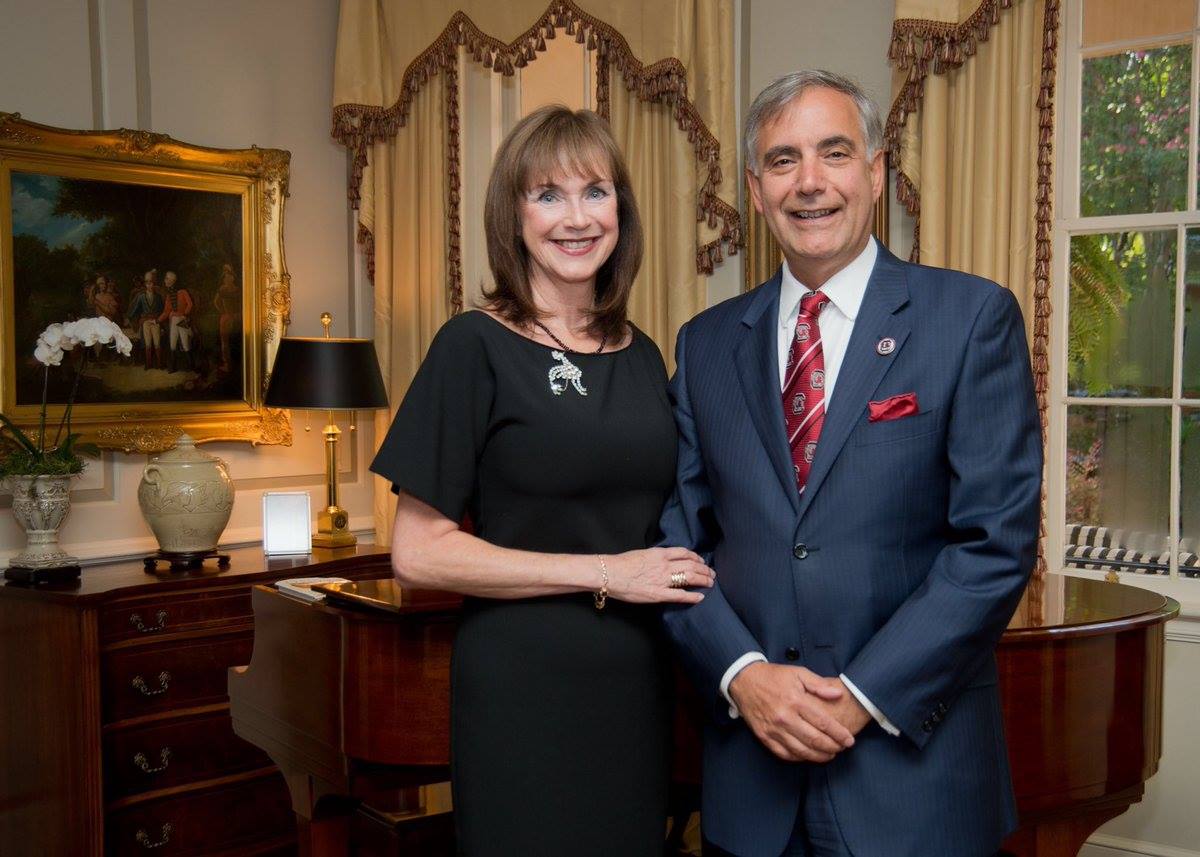Former South Carolina President’s Property Tax Bill Draws Scrutiny
Million-dollar bureaucrat got a housing tax break even though government was providing his housing …
When he first announced his impending resignation as president of the University of South Carolina i
